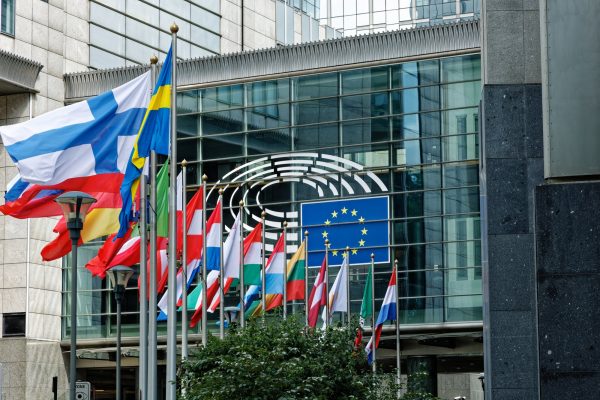Global organised crime has expanded its methods of obtaining money and power. These methods now include sophisticated drug trafficking and money laundering techniques, but have also diversified into other profitable businesses.
This was highlighted during a panel on “How to Investigate Transnational Organised Crime Groups? NarcoFiles” at the 2024 International Anti-Corruption Conference (IACC) in Vilnius, Lithuania.
In 2023, the investigation known as “Narco Files: The New Global Order” was coordinated by the Organised Crime and Corruption Reporting Project (OCCRP). It was based on a leak of nearly 5 terabytes of data, containing millions of emails and files from the Colombian Attorney General’s Office. It allowed dozens of journalists, mostly from Latin America, to expose the close collaboration between criminal groups in different countries, the variety of criminal activities involved and the innovative practices employed.
The conclusions from this investigation have helped advance the understanding of how criminal networks are becoming more sophisticated.
For example, drug traffickers have been smuggling cocaine across the Atlantic in complex and advanced ways.
Cocaine often leaves Colombia and travels by sea to Belgium and Spain, frequently concealed within legal cargo such as bananas, explained Claudia Baez, director and co-founder of Colombian media outlet, Cuestión Pública.
But Mexican and Colombian groups have been working together to ship cocaine inside concrete blocks from Mexico to Spain, as revealed by another team of journalists using documents from the Dutch Public Prosecutor’s Office.
Drug traffickers have always relied on technology and innovation to reach markets and stay ahead of the law, a process which OCCRP editor David Gonzalez referred to as “criminal creativity.”
Most recently, another OCCRP investigation revealed that a high proportion of cocaine shipments across the ocean were coming on fishing boats instead of cargo ships.
Such a flow of cocaine has naturally led to colossal seizures in Europe. Seizure records are continually broken across Europe.
“As interdiction measures have been scaled up at major known entry points for the drug, it appears that cocaine traffickers are increasingly targeting smaller ports in other EU countries and countries bordering the European Union, which may be more vulnerable to drug trafficking activities,” wrote the European Monitoring Centre for Drugs and Drug Addiction (EMCDDA) in its recent European Drug Report 2024.
The Czech non-profit organization Investigace uncovered a possible reaction to the tightening of counter-narcotics measures. They discovered from Europol documents that drug traffickers had come to rely on computer experts capable of hacking into sophisticated systems at seaports. By gaining access to sensitive information, criminal groups could choose which containers were least likely to be searched.
In addition to leveraging technology and creativity, criminal organisations have diversified their activities focusing on profitable businesses in each region.
In Mexico, the significant extortion of the avocado industry has become so severe that criminals can accurately shake down producers, packers and transporters at different stages of the supply chain. A report by the Mexican Attorney General’s Office notes that local criminal groups – inspired by Colombian paramilitary groups – adopted the practice of kidnapping farmers for additional profit, according to Insight Crime.
“It’s a global business,” Interpol states, “a billion-dollar business operating in many crime areas.”


